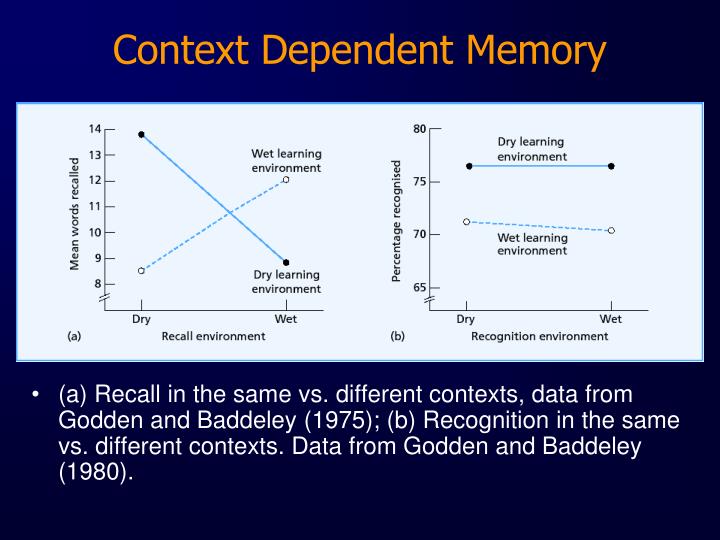
State and context effects can be mediated either by a dual system in which perception and memory of absolute metrics are unaltered and remembered utility is context- or state-dependent, or by modulating the perception or representation of the metrics of the options. This distinction runs through the previous hypotheses. C (14s) in Test 3 (Experiment 2) preference for B (10s) over C (14s) should be less than the preference shown in the pre and posttraining phases, perhaps even reaching indifference or preference for C (14s), depending on the relative strength of the ranking and absolute memory effects.ĭual memory vs. Since, ranking and immediacy have opposite signs, this predicts a shift so that when facing B (10s) vs. However, in the Choice phase context should introduce the effect of remembered ranking in favor of C. Here in the Pre-Training and Post-Choice phases there is no context effect, and B (10s) should be preferred over C (14s) because of immediacy. But the crucial comparison for this hypothesis comes from Experiment 2. This mechanism predicts preference for C (10s) over B (10s) in Test 1 because the only difference (ranking) favors C, and for A (5s) over C (10s) in Test 2 (Experiment 1) because the only difference (immediacy) favors A. An important difference with hypothesis d is that here magnitude, as well as sign of the differences in each dimension matter. Under this hypothesis an option is compared with the alternatives in all available dimensions (in this study, immediacy and ranking). This hypothesis implies that instead of one of the dimensions having total priority, absolute memory and ranking can be traded against each other.

Nonlexicographic combination of absolute memory and ranking. In Experiment 2, we added two extra phases, so that each bird had to complete the Pre-Training, Training, Choice, and Post-Choice phases. In Experiment 1, each bird was exposed to two phases: Training and Choice. Options differed in delay to reward, but to make general points we also refer to its reciprocal I, or ‘Immediacy’ ( I i = d i -1, where d i is the delay to reward associated with option i). The starlings pecked at colored response keys (options) to obtain food rewards. We use European starlings ( Sturnus vulgaris) as subjects and manipulate the utility of different options by altering their relative ranking through context manipulations, as in earlier experiments with pigeons ( 12– 14). Here, we test the idea with an experimental design that pitches absolute against comparative processes of choice ( 11). The concept would be strengthened if it worked when remembered utility is manipulated by a diversity of factors, rather than just need, and especially if the effect occurred without interfering with memory for absolute metrics. In humans, contradictions between expectations based on utility versus absolute gains are observed in various context-dependent phenomena that violate the principle of invariance, suggesting that the same concept may apply to human decisionmaking ( 8, 9).

This phenomenon is called state-dependent valuation learning and has been shown in mammals ( 2), birds ( 3– 5), fish ( 6) and insects ( 7).

If the objectively inferior option B is typically encountered when the subject is in greater need, then B can be remembered as yielding greater utility than A. One possible cause for a mismatch in ranking is that the DM may learn about the different options when its needs are different. However, if the two food sources are encountered in different circumstances, the ranking of their absolute properties may differ from the ranking of the corresponding utilities. Superficially, it would seem logical that given a choice the decisionmaker (DM) would prefer A. Suppose that a subject learns that foraging option A yields prey after a chasing time t, whereas option B yields the same prey type after t + Δ t. Once learning is invoked, the significance of Bernoulli’s dichotomy jumps to the fore. Most decisions depend on acquired information, and individuals use learning to adjust preferences. Although he was dealing with directly perceptible information, we believe that the idea is also crucial for problems involving learning and memory and, here, we develop this argument.

The significance of Bernoulli’s insight cannot be overestimated.


 0 kommentar(er)
0 kommentar(er)
